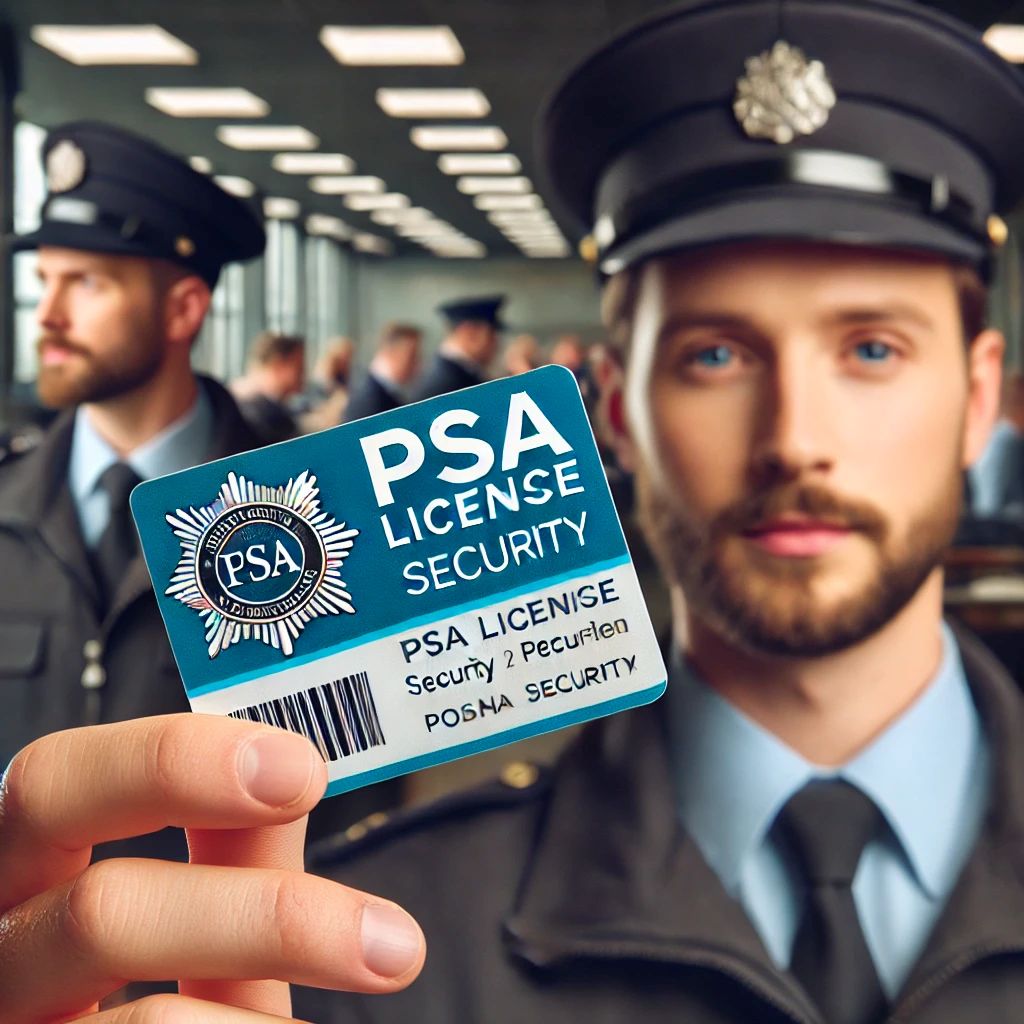

1.Candidates must give explicit consent for data processing, including the scope of checks and information sharing with third parties.
PSA vetting validation helps security service providers meet standards required by the Private Security Authority (PSA).
Background checks in Ireland follow standardized processing periods that change based on the type and scope of verification needed.
Psychometric Testing1.Create written policies outlining the screening requirements for different position levels, including specific checks required for roles in controlled functions.
Pre Employment Vetting in Ireland
This process lets Irish applicants get criminal record checks from 26 EU member states using one application.
Legal Framework and Compliance Standards
Background screening in Ireland includes several key verification components for candidate evaluation. The process checks consumer credit through registered and unregistered judgments, plus database searches of courts and company records.
Many employers use regular re-screening schedules to keep information current for risk management.

What if Some Information Is Missing or Not Verifiable During the Vetting?
When candidates refuse pre-employment vetting, employers may withdraw the job offer or end the recruitment process.
The clear, easy-to-read reports add to client satisfaction, showing these services' worth in today's market.


The Private Security Authority (PSA) requires vetting for all security personnel working in Ireland. The background checks must cover a five-year history period or start from when the person left secondary education, whichever occurred more recently.
All checks follow Irish and European Data Protection legislation.
Organizations should maintain consistent vetting procedures across all applicants while adapting to specific role requirements.
Different industries and organizations may have different time requirements. Some fields with strict compliance needs require more frequent updates, while others accept results for up to 24 months.
Frequently Asked Questions
Understanding ECRC Requirements in Ireland

Overview of Pre Employment Checks in Ireland Pre-employment checks in Ireland verify candidates' backgrounds to determine the accuracy of information they provide. These background checks help organizations confirm identity, employment history, and educational qualifications.
Are Social Media Profiles Legally Considered During the Vetting Process?
A large Irish healthcare provider recorded a 30% decrease in turnover rates after starting comprehensive background checks for verifying candidate credentials. A multinational financial services company cut internal fraud by 25% over two years through detailed screening processes. International Background Checks An education institution found that 15% of applicants had false qualifications, which led to stricter verification methods.
Legal Considerations for Background Checks in Ireland
The Future of Background Checks in Ireland: Trends and Predictions

A background check in Ireland involves reviewing a person's criminal, financial, or personal records to assess their suitability for a role or position.
The duration can vary but typically takes between 1-2 weeks, depending on the type and complexity of the check.
Garda vetting is a specific type of background check required in Ireland for individuals working with children or vulnerable adults, involving checks against police records.
Yes, you must obtain consent from the individual before conducting any background checks in Ireland.
Not for all employees, but certain sectors such as healthcare and education may require comprehensive checks.
It includes checking for any criminal convictions or offences recorded against the individual.
Yes, individuals can request their own background checks in Ireland for personal review or to prepare for employment screenings.
Skipping background checks can lead to hiring unsuitable candidates, which may result in legal and reputational risks.
Yes, police clearance is a general criminal record check, while Garda vetting is specific to roles involving vulnerable groups and includes more detailed investigations.
You can request transcripts or degrees directly from educational institutions or use third-party services that specialize in educational verifications.
Information about spent convictions, certain types of personal data, and other protected characteristics under GDPR is off-limits unless specifically relevant and lawful to access.
International checks may involve additional complexities such as different laws, languages, and longer processing times.
No, background checks do not affect your credit score as they do not involve a credit inquiry that would impact the score.
Best practices include securing data in compliance with GDPR, limiting access to authorized personnel, and ensuring data is stored for only as long as necessary.
It depends on the industry and role, but typically every 2-3 years or when significant changes occur in the individual’s role or responsibility.
While not specific by law, many IT positions require checks due to access to sensitive or proprietary information.
GDPR regulates the processing of personal data, ensuring that background checks are conducted in a lawful, fair, and transparent manner.
Yes, but it must be done lawfully and with the individual’s consent, considering the relevance to the role.
Penalties can include fines, legal actions, and reputational damage, depending on the severity of the non-compliance.
Remote work has increased the importance of thorough background checks, especially for those in positions of trust or handling sensitive data.
Best practices include conducting similar checks as for permanent staff, especially if they have access to sensitive or critical areas.
Ensuring fairness involves following consistent procedures, obtaining consent, and allowing candidates to dispute inaccuracies.
Yes, it’s recommended to tailor background checks based on the specific risks and requirements of each position.
Signs include transparency about services, compliance with legal standards, positive reviews, and strong data protection practices.
Handling involves assessing the relevance to the job, discussing findings with the candidate, and considering legal and ethical implications.